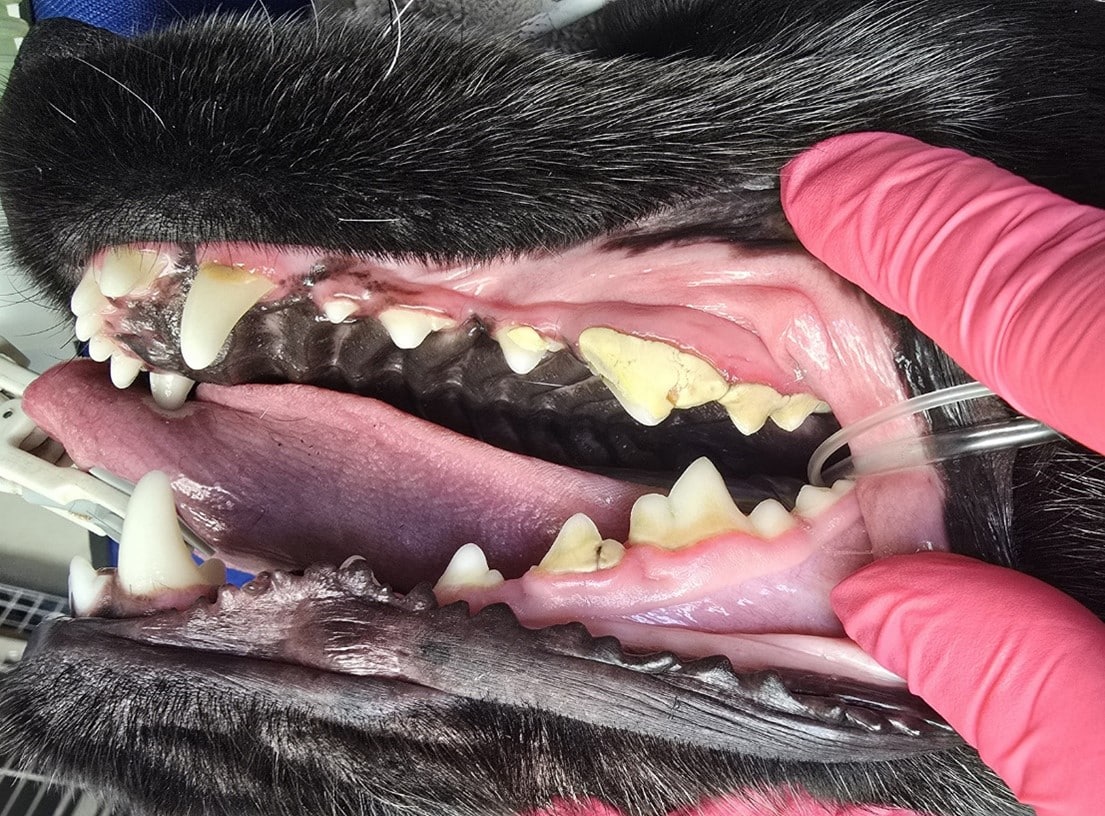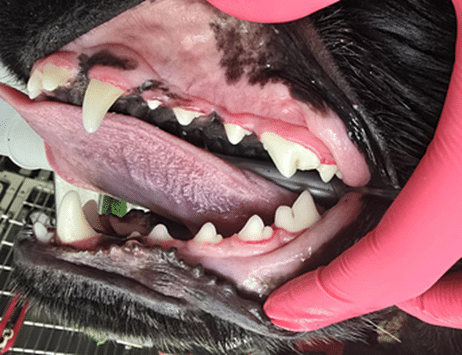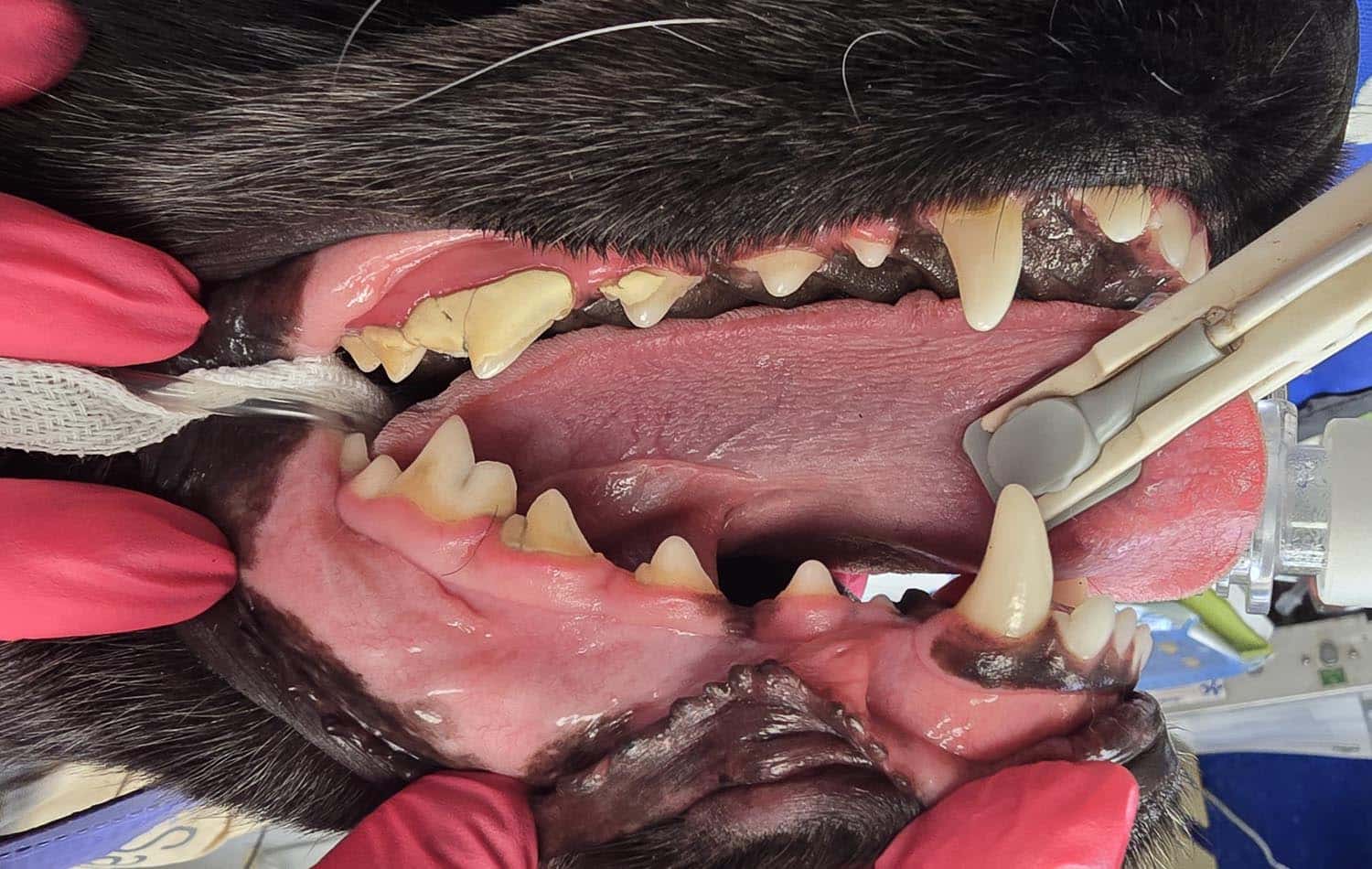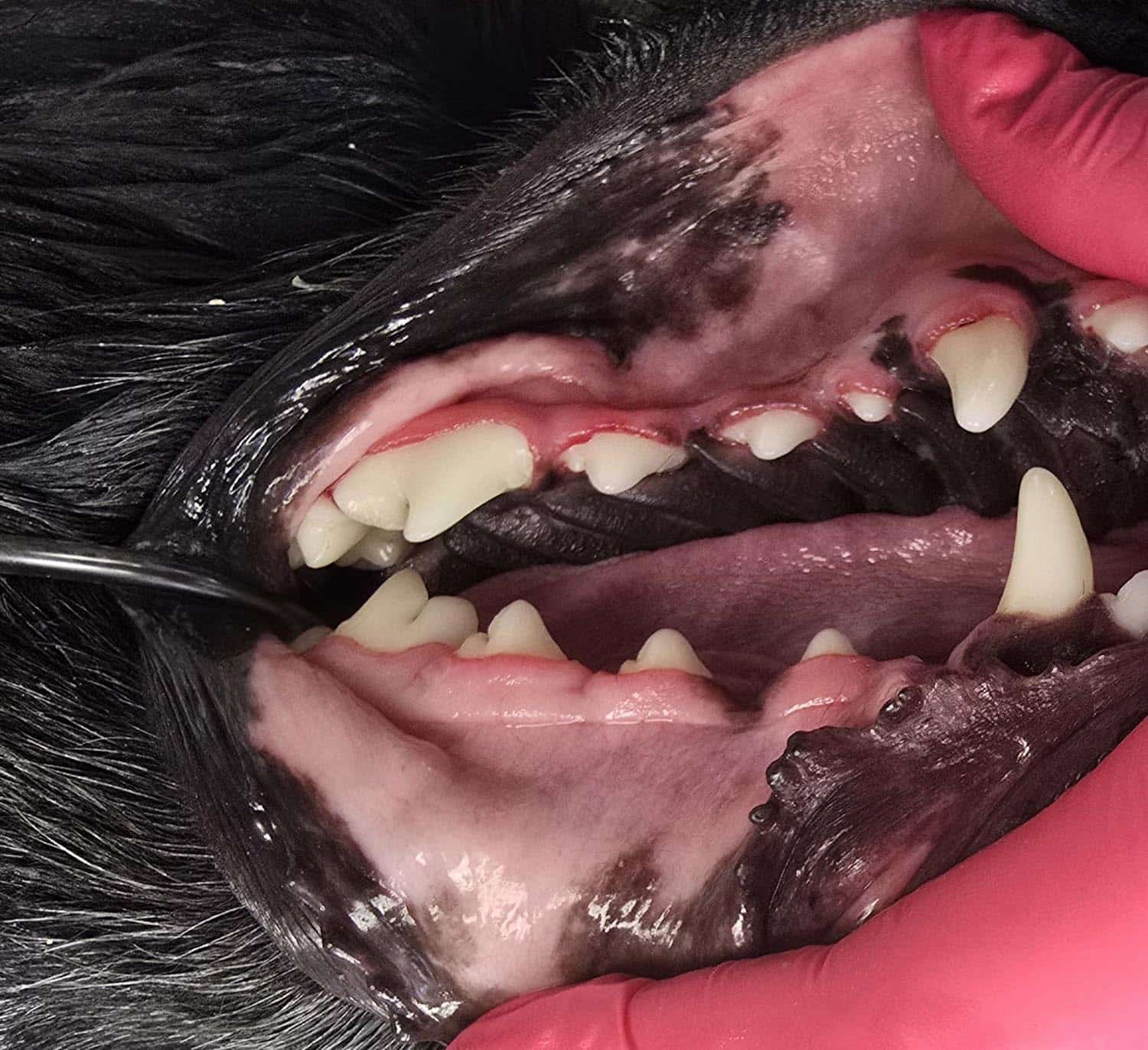Dog & Cat Teeth Cleanings in Two Harbors, MN
Just as in humans, routine dental cleaning is one of the most important means to living a long, happy and pain-free life. Most dogs and cats will have some form of periodontal disease by the time they in the second year of their life.
Periodontal disease is the disease and destruction of the supporting structures of the teeth. Routine cleaning is an important aid in preventing and/or controlling periodontal disease.
When our four-legged kids have their teeth cleaned, they must go under general anesthesia. The doctors at Minnesota Veterinary Dental Specialists have advanced anesthetic training and years of experience.
We customize anesthetic protocols for each individual patient. In addition, we utilize state-of-the-art anesthesia and anesthesia monitoring equipment.
Your kiddo will have a trained nurse assigned to them from the time they start to get sleepy until they safely wake up. Being safe is our top priority.




This Will Be A Subheadline
Traditionally our industry has used Lorem Ipsum, which is placeholder text written in Latin. Unfortunately, not everyone is familiar with Lorem Ipsum and that can lead to confusion. I can’t tell you how many times clients have asked me why their website is in another language!
There are other placeholder text alternatives like Hipster Ipsum, Zombie Ipsum, Bacon Ipsum, and many more. While often hilarious, these placeholder passages can also lead to much of the same confusion. If you’re curious, this is Website Ipsum. It was specifically developed for the use on development websites. Other than being less confusing than other Ipsum’s, Website Ipsum is also formatted in patterns more similar to how real copy is formatted on the web today.
What happens during my pets dental cleaning?
The first thing happening is that your four-legged kiddo will be examined, and pre-anesthetic lab tests (a complete blood count and biochemical profile) are preformed to assess the status of the major body systems. Then, a customized anesthetic protocol is planned.
Your pet is then given a mild sedative. When the sedative is in effect, an IV catheter, blood pressure monitor and EKG leads are placed. Base line blood pressure and EKG readings are obtained. Vital signs are monitored continuously and recorded every five minutes.
When the patient is sleeping, x-rays of all the teeth are obtained.
The doctor then examines each tooth and its surrounding tissue while viewing each x-ray.
The teeth are then scaled and polished. The area just under the gumline is the most important area to be cleaned. It is impossible to clean this area in an awake pet.
If additional diagnostic or treatments are needed, a treatment plan is formulated, and we call you to review this. With your consent, most treatments are completed that day.
Some procedures can cause varying degrees of pain. We acknowledge this and take it very seriously. We know being uncomfortable and in pain can cause delayed healing. We work very hard and have good success at preventing pain through local anesthesia, injectable analgesics, and oral medications.
Your pet is monitored until they have recovered enough to go home. You will be called, and a discharge appointment is created.
When you pick up your pet, a detailed description of the day’s events and instructions for home care and/or follow-up exams are discussed. You will be shown the x-rays and be given copies of the records.
The Cleaning Package includes (COHAT- Complete Oral Health Assessment and Treatment Plan):
- Pre-anesthetic lab tests which includes a complete blood count and biochemical profile. We test major organ function prior to anesthesia to identify problems and make anesthesia as safe as possible
- IV catheter
- IV Fluids
- Pre-anesthetic medications
- General anesthesia: Our team is highly trained and experienced in veterinary anesthesia. Rest assured that your dog or cat’s anesthesia will be customized to their specific needs and your pet will be closely monitored throughout the entire process.
- Digital Dental X-rays. This special image modality allows us to get a full picture of your pet’s mouth and identify periodontal disease, fractured teeth or oral cancer that is not visible without x-rays.
- The doctor will do a detailed and complete oral exam
- Thorough and professional teeth cleaning and teeth polishing. Polishing the teeth smooths them and makes them less susceptible to rapid accumulation of bacteria which forms plaque and tartar.
- Failure to polish can cause rapid accumulation of this bacteria
- You will be given copies of your pet’s dental images, dental chart, and detailed discharge instructions.
- Your referring clinic will also receive all records

